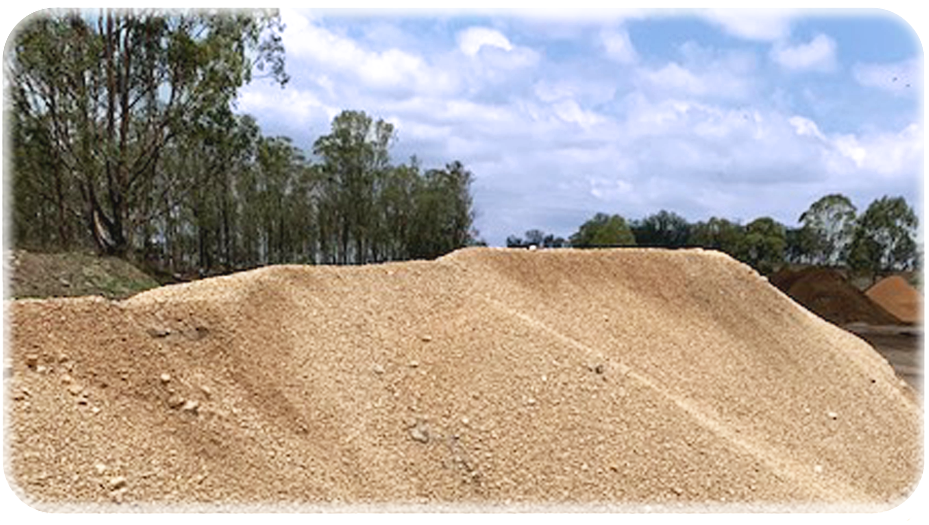It is generally understood that silicon is absorbed by plants and utilised in cell walls for increased strength and plant integrity. This is important because strong healthy cells increase the plants resistance to sucking and chewing pests and fungal disease.
Scientists are also beginning to understand the critical role of silicon in biochemical pathways for nutrient synthesis, increasing nutrient availability, alleviation of environmental stresses like drought, salinity, wind, rain and heat tolerance.
Unless silicon is applied in a plant available form it will not be absorbed and of no benefit. Silicic acid is the most plant available form and application to the soil is recommended over foliar sprays for optimal uptake. Diatomaceous Earth is a known source of natural plant available silica.
Queensland Organics has a DE mine providing ongoing supply of high quality, naturally sourced plant available silica for inclusion into bulk compost and organic fertiliser pellets.
What is the importance of soil carbon
Soil carbon is the basis for soil fertility and higher levels are associated with lands which are more fertile, productive and easier to manage because it contributes to the biological, physical and chemical aspects of soil health.
Soil carbon is the primary food source for microbes as the basis of soil biology, it assists in the moisture retention (humus can hold 90% of its weight in water), improves soil stability or tilth, assists in the cycling of nutrients into plant available format, and helps retain other important nutrients like calcium, hydrogen, oxygen and nitrogen.
If not replenished, carbon levels can decline over a period of time, and unfortunately take time to rebuild. When looking to add carbon it is important to add only quality carbon inputs. Adding poor quality (raw or partly broken-down organics) will lead to a nutrient drawdown, where the decomposition deprives the plants of nutrients until the process is complete.
As Queensland Organics, organics are high quality because they have been aged and are accompanied by additional nutrients that deliver the benefits of carbon.
http://www.ccmaknowledgebase.vic.gov.au/brown_book/37_Soil_Carbon.htm
Do beneficial microbes survive the pelletising process?
In microbiology analysis conducted by Central Queensland University in February and replicated June 2020, Qld Organics organic fertiliser pellets showed an abundance of viable beneficial microbes remaining in the pellets and amazing resuratation levels.
Of particular interest is the levels of Actinobactreia and Heterotrophic Nitrogen Fixers groups whose importance is described below.
Actinobacteria – these are a group of very important soil bacteria that have very strong relationships with plants in general, without these bacteria groups the soil would be pretty lifeless. This bacteria group behaves like fungi then colonies get large enough and there are strains within the group that have antibiotic properties which would greatly help with disease suppression in the soil.
Heterotrophic Nitrogen Fixers – this is a group of important bacteria that fix atmospheric nitrogen without the aid of other organisms. It is these bacteria groups that will provide a crop with a significant amount of nitrogen during their life cycles. To encourage these bacteria, they need cobalt and Molybdenum to help them in the fixing process so the use of a good multi trace element is very important.
What is important is that when introducing microbes into a new environment, they are supported with favourable conditions to allow establishment; Qld Organics contain sufficient carbon, nitrogen and micronutrients to support the colonisation of these beneficial microbes. As they say – just add water.

